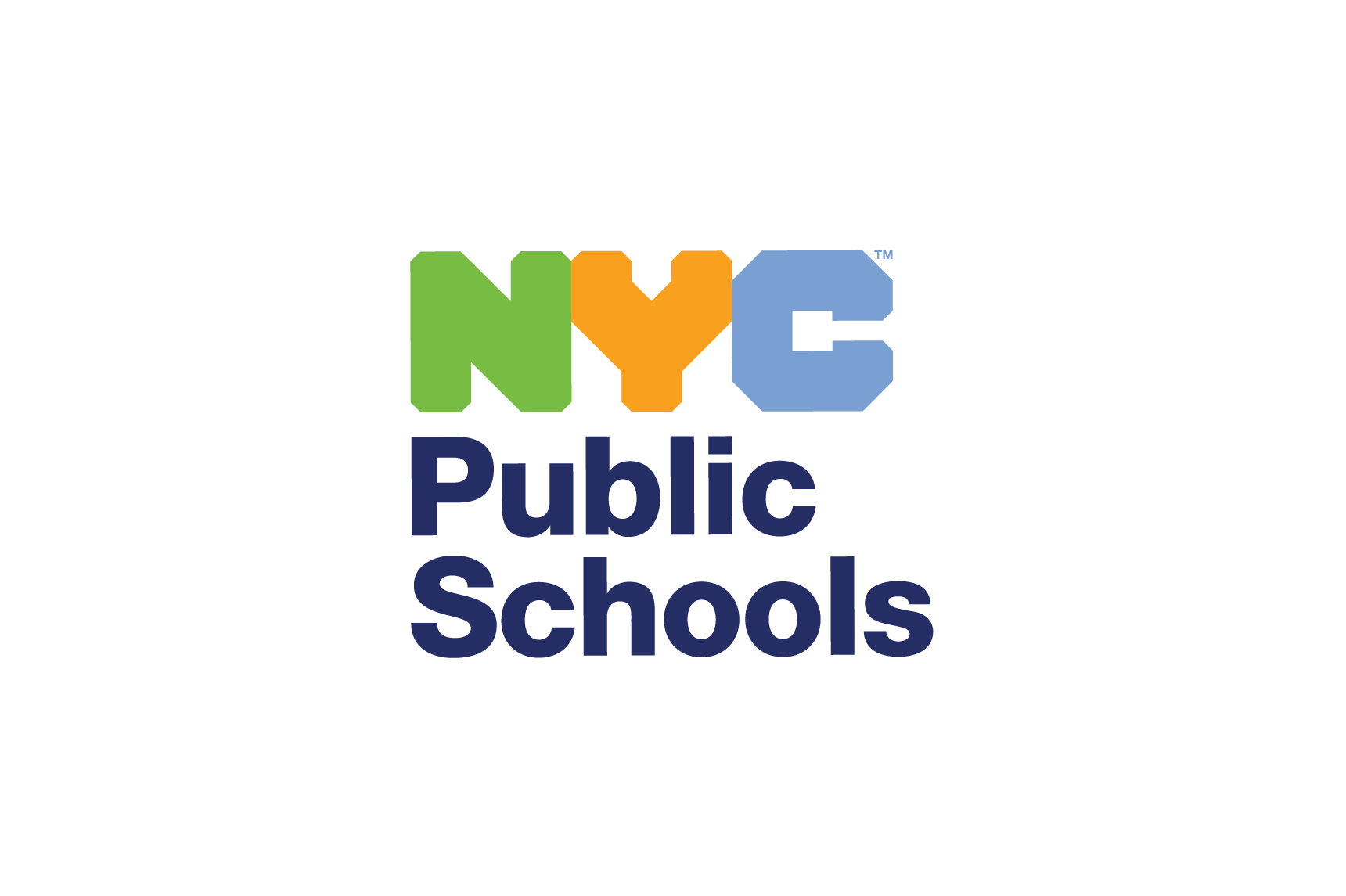Public Schools Chancellor Aviles-Ramos Expands Language Access Services by Adding Three New Covered Languages to Official School Communications
Albanian, Uzbek, and Ukrainian Languages Added in the 2025-2026 School Year Family Communications
NEW YORK — New York City Public Schools Chancellor Melissa Aviles-Ramos today announced the expansion of the number of covered languages for translation of critical information from nine to twelve, a major step forward in its commitment to educational equity and family engagement. This change, part of proposed amendments to Chancellor’s Regulation A-663 that were approved by the Panel for Educational Policy (PEP), ensures more families have access to the information they need to support their child’s education.
“In our diverse city, it is critical that every family can understand and engage in their child’s educational journey,” said Chancellor Aviles-Ramos. “Expanding our covered languages is about more than words on a page. This is about building trust, honoring identity, and making sure every parent, in every language, feels seen, heard, and empowered. We are grateful to our partners on the Panel for Educational Policy for seeing our vision and helping to bring it to fruition.”
Under the revised regulation, New York City Public Schools will now proactively translate non-student-specific, critical communications into three additional languages, selected based on enrollment data and community need. The updated list of covered languages reflects the rich linguistic diversity of New York City and will strengthen communication between schools and the families they serve.
In addition to the expansion of covered languages, the amendments to Chancellor’s Regulation A-663 formalize the role of school-based Language Access Coordinators, enhance parent notification about available language services, and require additional training for parent-facing school staff. These changes aim to improve the quality, consistency, and reach of language services across the school system. Currently, all materials are translated into Spanish, Chinese, Bengali, Russian, Urdu, Arabic, Haitian Creole, Korean, and French, as well as other languages on an as-needed basis.
“Every parent deserves a meaningful opportunity to participate in their child’s education, regardless of the language they speak,” said Dr. Cristina Meléndez, Deputy Chancellor, Division of Family, Community, and Student Empowerment. “We know that when we partner with families, our students thrive, and by expanding our covered languages, we are ensuring that more families have the tools they need to fully engage with our schools.”
“Community Inclusion & Development Alliance applauds the NYC Department of Education’s strengthened commitment to language access through the amendments to Chancellor’s Regulation A-663,” said Dr. Young Seh Bae, Executive Director, CIDA. “Expanding language services and requiring Language Access Coordinators in schools is a critical step forward in ensuring meaningful participation of families with limited English proficiency. For the Korean-speaking families we serve, this change represents more than translation—it is empowerment. When parents can fully understand and engage in their child’s education, student outcomes improve, and the entire community grows stronger.”
“This marks another milestone in the progressive commitment towards language access that New York City Public Schools has shown dedication towards. For a citywide school district of this size and diversity, the empowerment of language and services for our families is a beacon for what lay ahead,” said Gregory Faulkner, Chair, PEP. “The inclusion and empowerment of community voice is a hallmark for what makes both New York City Public Schools and our city a place for all.
"We are proud to have collaborated with the New York City Public Schools in providing our comments for the revision of Chancellor’s Regulation A-663, which strengthens the rights and voices of families of public school students, including those with disabilities—families our parent center is honored to serve,” said Paola Jordan, Director, Metropolitan Parent Center, Sinergia. “A key achievement in this update is the clear recognition of the obligation to provide language assistance, along with a defined mechanism for NYCPS to communicate this right to all parents who may need these services. The revised regulation also introduces three important measures to improve communication between schools and families: The development of a school-based language access plan that includes the designation of a Language Access Coordinator at each school, mandatory training for all school staff who interact with parents, and a prohibition on the use students under the age of 18—as interpreters, addressing a long-standing issue that has impacted generations of students. We celebrate this policy change as a meaningful step toward making our public schools more inclusive, accessible, and welcoming for all families."
“I got my yearbook today and when I look at the pictures, I think of the song, It’s a Small World,” said Rose, New York City Public Schools fifth grader. “This small world isn’t just a song—it's real, right here, right now, in my city, my school, my classroom. When we speak more languages, we understand each other better. We work together; we laugh together. And best of all, no one ever feels left out.

